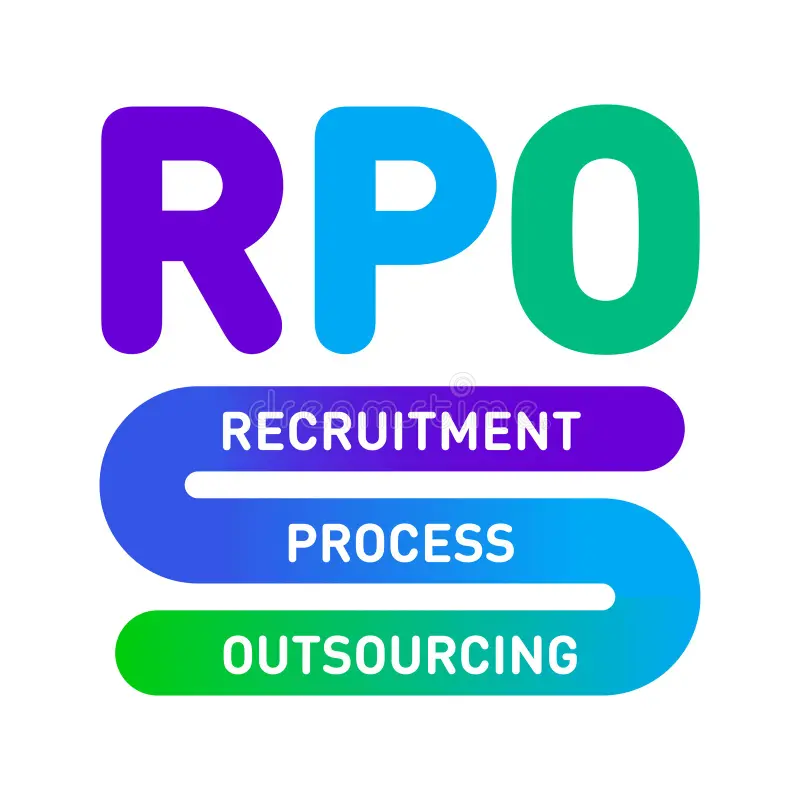Finding the Perfect Virtual Personal Assistant: A Comprehensive Guide
In the age of technology and interconnectedness, the concept of personal assistance has evolved beyond the traditional realm of in-person interactions. Virtual personal assistants (VPAs) have emerged as a dynamic solution for individuals seeking efficient and flexible support. Whether you're a busy professional, a student juggling multiple responsibilities, or simply someone looking to streamline your tasks, finding the right VPA can be a game-changer. This guide will walk you through the process of looking for the perfect virtual personal assistant to meet your needs.
Defining a Virtual Personal Assistant:
A virtual personal assistant is a digital professional who provides administrative, organizational, and sometimes creative support to individuals or businesses remotely. They undertake tasks ranging from managing calendars and email correspondence to conducting research and even social media management. VPAs bring convenience, efficiency, and time optimization to your daily life, allowing you to focus on more essential tasks.
Identify Your Needs:
Before embarking on your search for a VPA, it's crucial to define your specific needs. Consider the tasks that consume a significant portion of your time and energy. Are you drowning in emails? Do you struggle with organizing your schedule? Do research tasks often overwhelm you? Having a clear understanding of your requirements will help you narrow down candidates who possess the relevant skills.
Skills and Expertise:
When evaluating potential VPAs, their skills and expertise should align closely with your needs. Common skills include excellent communication, time management, proficiency in various software and tools (e.g., Microsoft Office, project management software), and adaptability to different tasks. Depending on your industry, you might require specialized skills such as social media management, content creation, or data analysis.
Experience and Track Record:
A VPA's experience is a strong indicator of their ability to handle tasks efficiently. Ask about their previous roles, industries they've worked in, and the types of tasks they've managed. References or case studies can provide insights into how they've positively impacted their clients' lives or businesses.
Communication and Availability:
Since virtual personal assistants work remotely, effective communication is crucial. Assess their communication skills during the selection process. Do they understand your instructions clearly? Are they prompt in responding to your queries? Additionally, consider their availability, time zone, and whether they can accommodate your work schedule.
Tech-Savviness:
In a digital landscape, tech-savviness is non-negotiable. Your VPA should be comfortable using various software, tools, and platforms. Their ability to troubleshoot technical issues and adapt to new technologies is a valuable asset.
Cultural Fit:
While professionalism is important, a compatible working relationship also hinges on a certain level of cultural fit. Find a VPA whose communication style, work ethic, and values align with yours. This synergy can foster a collaborative and productive partnership.
Freelancer vs. Agency:
You have the choice between hiring an independent freelancer or looking for virtual assistant agency. Freelancers offer personalized attention and direct communication, but agencies can provide backup support and a wider range of skills. Weigh the pros and cons of each option based on your needs.
Trial Period:
Consider starting with a trial period before committing to a long-term arrangement. This allows you to assess the VPA's performance and compatibility with your requirements. During the trial, pay attention to their responsiveness, task execution, and overall quality of work.
Privacy and Security:
Since virtual personal assistants may have access to sensitive information, prioritize candidates who understand the importance of confidentiality and data security. Inquire about their practices for safeguarding your information.
Setting Expectations:
Clear communication is essential to a successful VPA-client relationship. Clearly outline your expectations, preferred methods of communication, working hours, and any specific project guidelines. Regular check-ins or progress reports can help maintain transparency and ensure both parties are aligned.
Investing in Your Efficiency:
Finding the right virtual personal assistant is an investment in your efficiency, productivity, and work-life balance. By identifying your needs, assessing skills and experience, prioritizing effective communication, and considering the technical capabilities, you're better positioned to select a VPA who seamlessly integrates into your professional or personal routine. Remember that the right VPA isn't just an assistant – they're a partner in achieving your goals and aspirations.



Comments
Post a Comment